Huxley, Tyndall, and even Spencer have become lately the great oracles, the “infallible popes” on the dogmas of protoplasm, molecules, primordial forms, and atoms. They have reaped more palms and laurels for their great discoveries than Lucretius, Cicero, Plutarch, and Seneca had hairs on their heads. Nevertheless, the works of the latter teem with ideas on the protoplasm, primordial forms, etc., let alone the atoms, which caused Demokritus to be called the atomic philosopher. In the same Review we find this very startling denunciation:
“Who, among the innocent, has not been astonished, even within the last year, at the wonderful results accomplished by oxygen? What an excitement Tyndall and Huxley have created by proclaiming, in their own ingenious, oracular way, just the very doctrines which we have just quoted from Liebig; yet, as early as 1840, Professor Lyon Playfair translated into English the most ‘advanced’ of Baron Liebig’s works.”
“Another recent utterance,” he says, “which startled a large number of innocent and pious persons, is, that every thought we express, or attempt to express, produces a certain wonderful change in the substance of the brain. But, for this and a good deal more of its kind, our philosophers had only to turn to the pages of Baron Liebig. Thus, for instance,
Page 250
that scientist proclaims: ‘Physiology has sufficiently decisive grounds for the opinions, that every thought, every sensation is accompanied by a change in the composition of the substance of the brain; that every motion, every manifestation of force is the result of a transformation of the structure or of its substance.’ ”
Thus, throughout the sensational lectures of Tyndall, we can trace, almost to a page, the whole of Liebig’s speculations, interlined now and then with the still earlier views of Demokritus and other Pagan philosophers. A potpourri of old hypotheses elevated by the great authority of the day into quasi-demonstrated formulas, and delivered in that pathetic, picturesque, mellow, and thrillingly-eloquent phraseology so preeminently his own.
Further, the same reviewer shows us many of the identical ideas and all the material requisite to demonstrate the great discoveries of Tyndall and Huxley, in the works of Dr. Joseph Priestley, author of Disquisitions on Matter and Spirit, and even in Herder’s Philosophy of History.
“Priestley,” adds the author, “was not molested by government, simply because he had no ambition to obtain fame by proclaiming his atheistic views from the house-top. This philosopher . . . was the author of from seventy to eighty volumes, and the discoverer of oxygen.” It is in these works that “he puts forward those identical ideas which have been declared so ‘startling,’ ‘bold,’ etc., as the utterances of our present-day philosophers.”
“Our readers,” he proceeds to say, “remember what an excitement has been created by the utterances of some of our modern philosophers as to the origin and nature of ideas, but those utterances, like others that preceded and followed them, contain nothing new.” “An idea,” says Plutarch, “is a being incorporeal, which has no subsistence by itself, but gives figure and form unto shapeless matter, and becomes the cause of its manifestation” (De Placitio Philosophorum).
Verily, no modern atheist, Mr. Huxley included, can outvie Epicurus in materialism; he can but mimic him. And what is his “protoplasm,” but a rechauffe of the speculations of the Hindu Swabhavikas or Pantheists, who assert that all things, the gods as well as men and animals, are born from Swabhava or
their own nature? As to Epicurus, this is what Lucretius makes him say: “The soul, thus produced, must be material, because we trace it issuing from a material source; because it exists, and exists alone in a material system; is nourished by material food; grows with the growth of the body; becomes matured with its maturity; declines with its decay; and hence, whether belonging to man
Page 251
or brute, must die with its death.” Nevertheless, we would remind the reader that Epicurus is here speaking of the Astral Soul, not of Divine Spirit. Still, if we rightly understand the above, Mr. Huxley’s “mutton-protoplasm” is of a very ancient origin, and can claim for its birthplace, Athens, and for its cradle, the brain of old Epicurus.

Moe is the founder of GnosticWarrior.com. He is a father, husband, author, martial arts black belt, and an expert in Gnosticism, the occult, and esotericism.

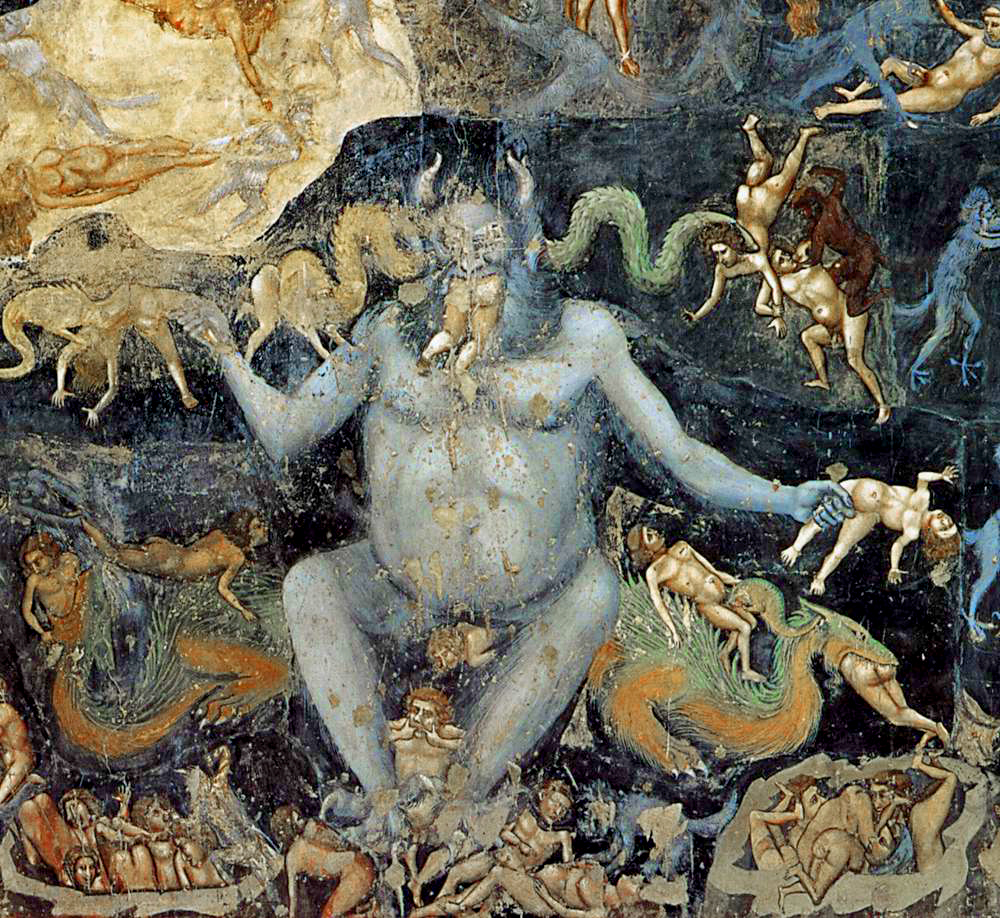

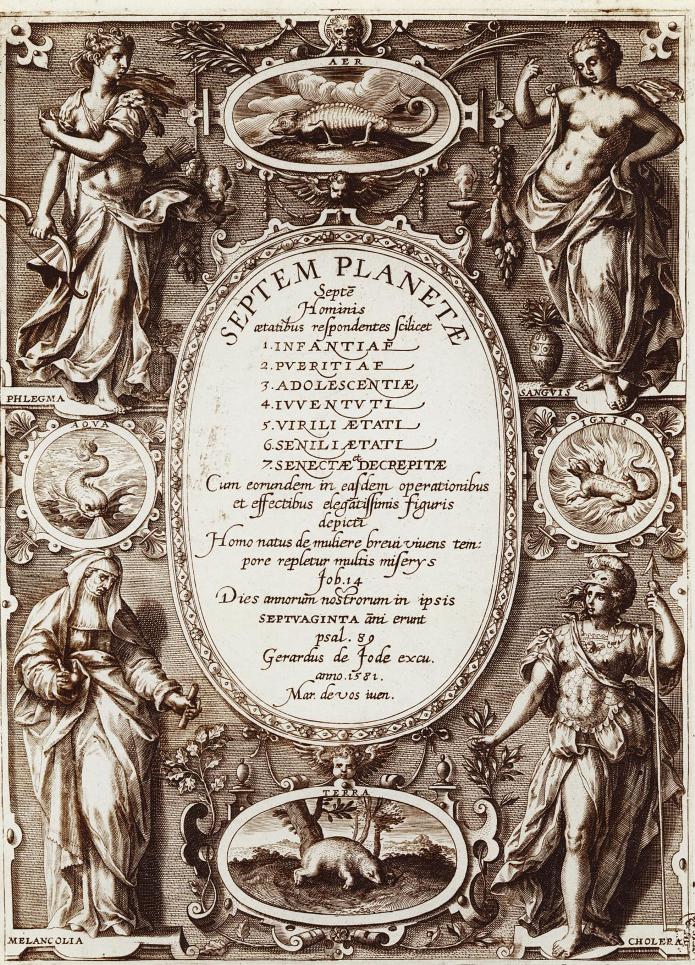
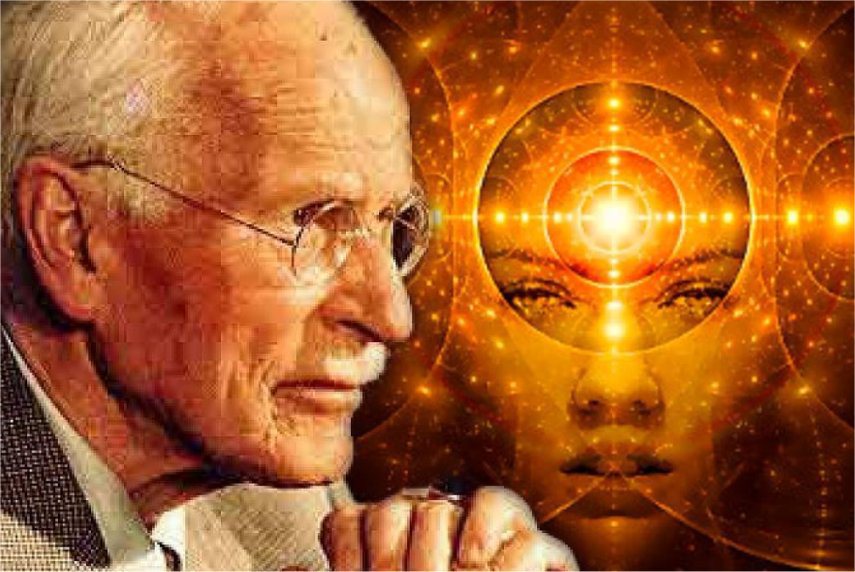
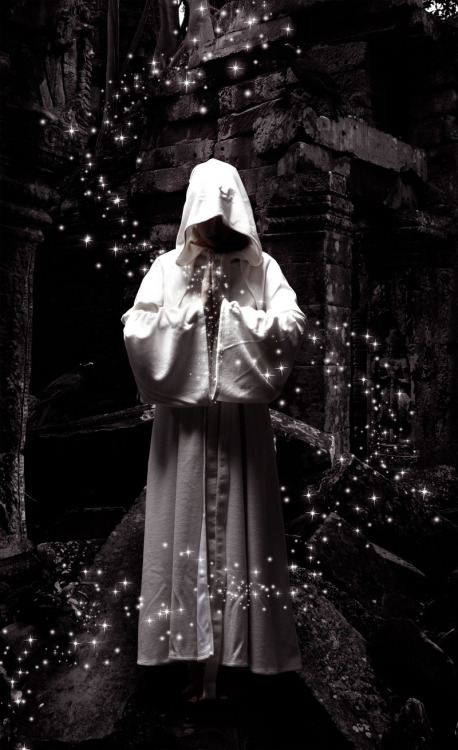
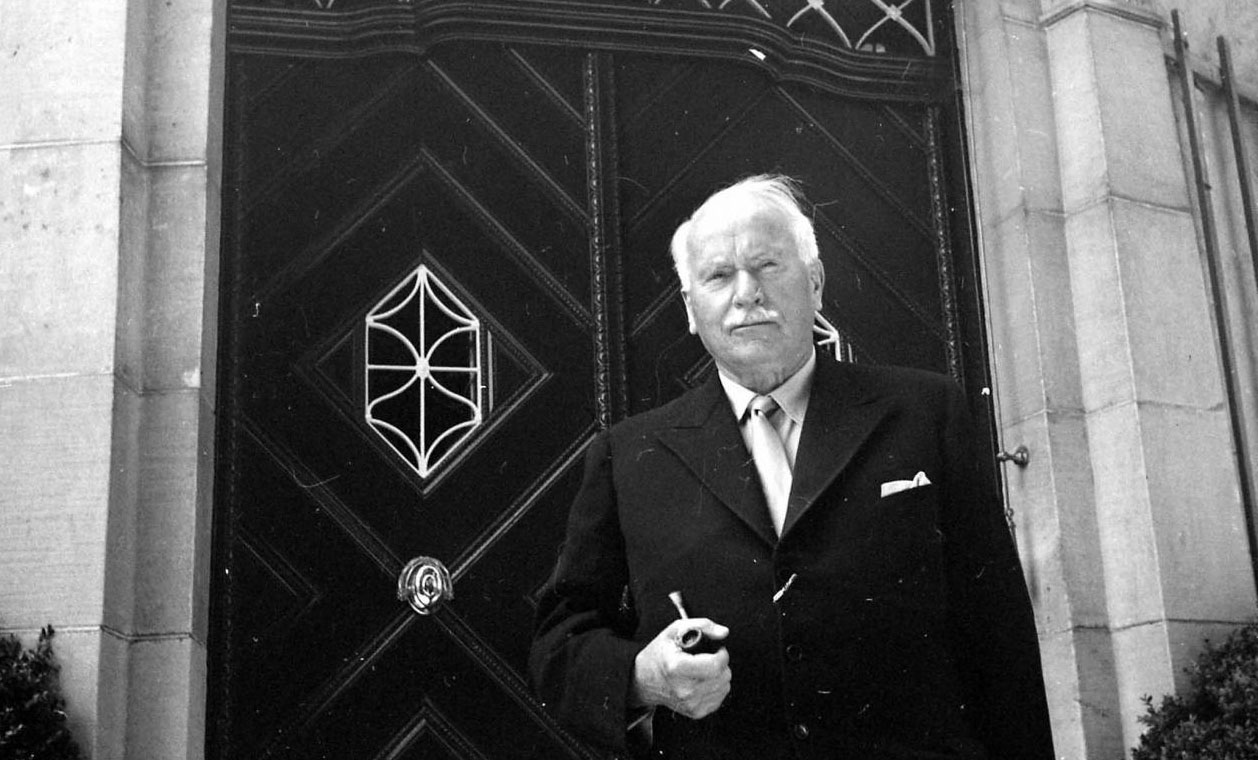
![How the South Saxons received Eadbert and Eolla, and the West Saxons, Daniel and Aldhelm, for their bishops; and of the writings of the same Aldhelm [705 A.D.] | Book 5 | Chapter 17 How the South Saxons received Eadbert and Eolla, and the West Saxons, Daniel and Aldhelm, for their bishops; and of the writings of the same Aldhelm [705 A.D.] | Book 5 | Chapter 17](https://www.gnosticwarrior.com/wp-content/plugins/contextual-related-posts/default.png)